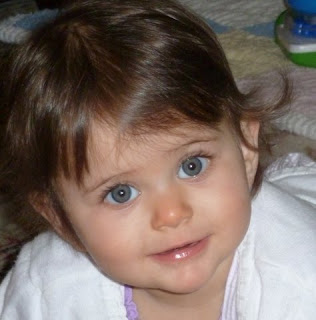Rochester, NY (PRWEB)
May 30, 2012
On May 29, thirty national disability organizations lead by
Not Dead Yet
issued a letter to the Dr. Phil Show, criticizing
its April 13th segment entitled “Deadly
Consequences.”
According to the letter, the segment
“presented the idea that parents should be able to euthanize their children who
have intellectual disabilities” and did so in
“such an extremely unbalanced manner as to amount to a promotion of such a
deadly proposition.”
National organizations signing onto the
letter include ADAPT, the American Association of People with Disabilities,
Autistic Self Advocacy Network, Bazelon Center for Mental Health Law, Disability
Rights Education & Defense Fund, Easter Seals, National Association of the
Deaf, National Disability Rights Network, Self-Advocates Becoming Empowered
(SABE), The Arc of the United States United Spinal. Over sixty state and local
disability organizations also joined in the letter.
The organizations call upon Phil McGraw and the Dr. Phil
Show “to publicly apologize for the ‘Deadly
Consequences’ segment and to give equal time to individuals with
intellectual disabilities and organizations advocating their equal
rights.”
“This segment was such a horrific assault
on people with intellectual disabilities that ignoring it would be a dangerous
mistake,” said Stephen Drake, Not Dead Yet’s research analyst. “Dr. Phil even brought in Kevorkian’s former attorney,
Geoffrey Fieger, to explain why parents should be allowed to order a lethal
injection for their disabled children.”
Not Dead Yet copied the letter to some of
the larger advertising sponsors of the Dr. Phil
Show, including XXX.
On May 18, the The Arc of the United
States, which is described as “the nation’s largest organization serving and
advocating on behalf of people with I/DD, with a network of over 700 chapters
across the country,” issued an open
letter criticizing the “Deadly Consequences”
segment as well. The Arc letter asked that Dr.
Phil “plan another show that would demonstrate this history, illustrating
how people with severe disabilities who were previously relegated to
institutions have defied all expectations.”



























